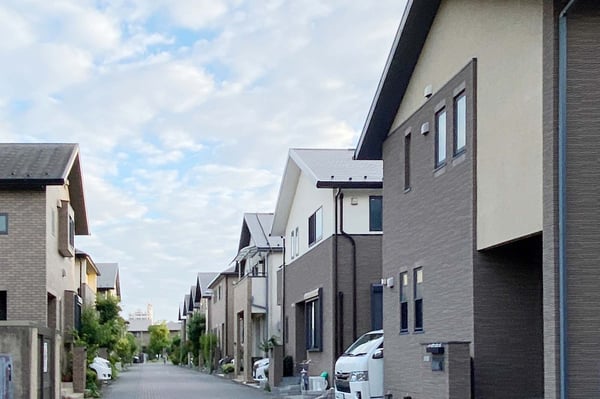Updated Information
Categories
Popular
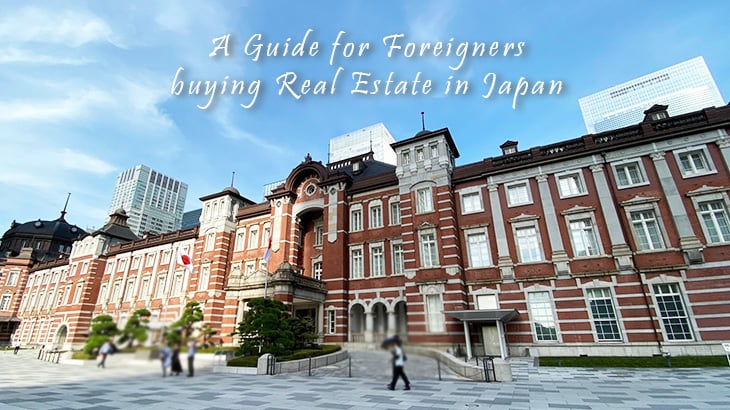
How to Buy Real Estate in Japan as a Foreigner: A Complete Step-by-Step Guide
Property Knowledge

【Updated data in 2025】Japan’s Land Prices Continue to Surge, with Tokyo’s 23 Wards Leading the Growth
Market Information

Essential Knowledge for Property Investment in Japan (Part 1): Understanding Japan’s Earthquake Resistance Standards
Property Knowledge
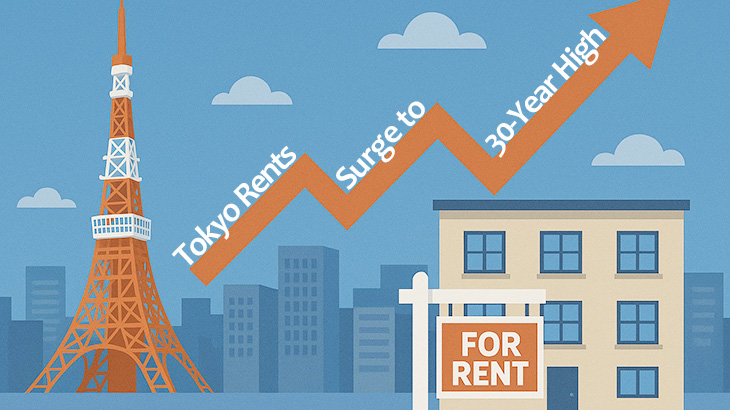
Tokyo Rents Surge to 30-Year High: Why This Rising Trend Signals a Prime Investment Opportunity in the Property Market?
Market Information
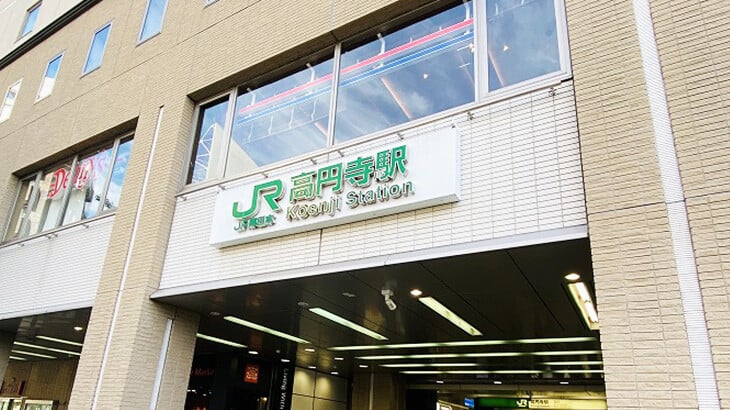
Exploring Koenji: A Harmonious Blend of City Convenience and Creative Culture
Exploring Tokyo
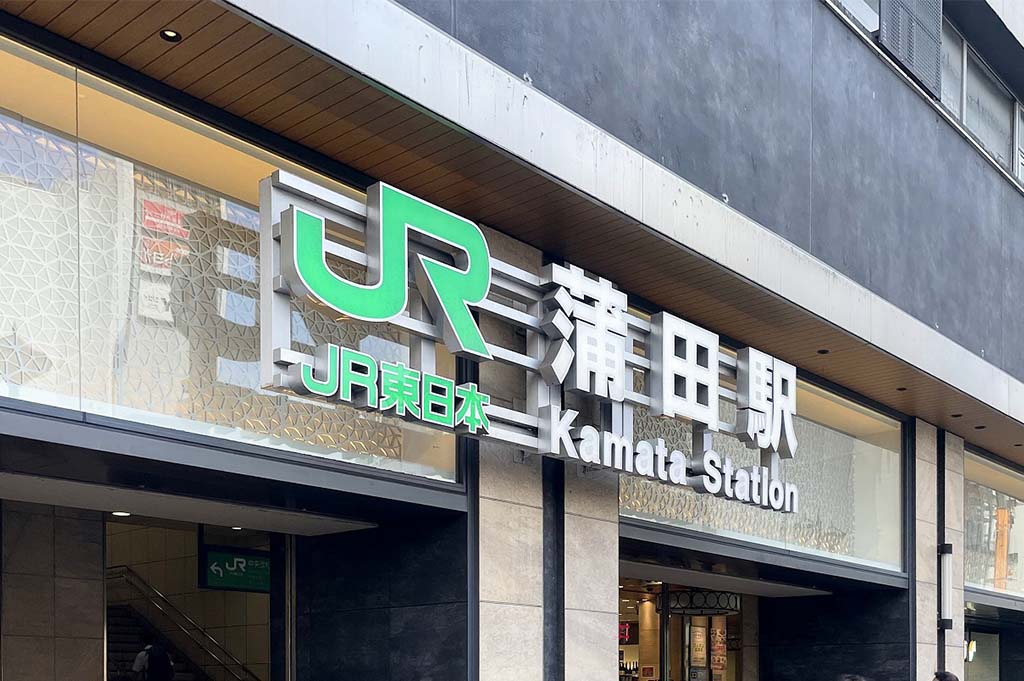
Why Kamata area is the Next Hotspot for Property Investment in Tokyo?
Exploring Tokyo
How to Buy Real Estate in Japan as a Foreigner: A Complete Step-by-Step Guide
Posted on 2022.9.22 > Updated on 2025.6.6
Basically, the procedure for buying real estate in Japan is more or less similar to that in other countries. One of the biggest possible obstacles is the language barrier, as all official documents related to property transactions are in Japanese.
This article provides a concise overview of the property buying process in Japan, which may be helpful for foreign buyers—especially those new to the Japanese real estate market and interested in buying property in Japan either for residential living or real estate investment purposes.
■ Why Invest in Japanese Real Estate?
As one of the world’s largest economies, Japan’s real estate market has increasingly attracted the interest of overseas investors. Japan is often regarded as a “safe haven” for high-net-worth individuals across Asia. The appeal of Japan’s property market lies in its well-established and stable social, political, and economic systems. Here are some compelling reasons to consider real estate investment in Japan:
1. Stable Rental Yields and Returns
Thanks to Japan’s well-developed rental market, particularly in Tokyo, the long-term rental yields remain stable. According to Global Property Guide, the annual gross rental yield in Japan is higher than in many other Asian markets, including China, Hong Kong, and Taiwan.
2. Rising Housing Prices and Market Growth
Japan’s nationwide residential property price index rose by 6.9% in 2021, according to the Land Institute of Japan. In the Tokyo metropolitan area, resale condominium prices increased by 7.1%, reflecting a strong and growing second-hand housing market.
3. High Demand and Active Real Estate Transactions
Ranked third globally in GCPI, Tokyo is solidifying its status as a premier location for high-quality real estate. With continuous population inflow, demand for Tokyo real estate is increasing yearly, boosting property transactions and providing reliable investment returns.
4. Foreign-Buyer-Friendly Legal Framework
Japan provides a secure legal environment for overseas investors. There are [[no legal restrictions for foreign nationals]]—whether resident or non-resident—to purchase and own real estate in Japan. Unlike in some countries, owning property in Japan does not require a residency visa.
■ Can Foreigners Buy Property in Japan?

This is one of the most frequently asked questions by international investors. The answer is simple: Yes, foreigners can buy property in Japan without restrictions..
Here are key points for foreign buyers:
- Generally, there are no legal barriers preventing foreigners from buying real estate in Japan.
- Both resident and non-resident foreigners are eligible to purchase Japanese property.
- Since Japan follows a freehold ownership system, buyers have full ownership rights to the land and property.
- Buying property does not grant a Japanese visa or residency status.
- Foreigners seeking financing are more likely to be approved if they hold permanent residency or are married to a Japanese citizen.
■ Step-by-Step Guide to Buying Property in Japan
In general, the process of buying property in Japan—whether for personal use or investment—is quite similar to that in other countries. The typical steps include identifying your property requirements, selecting a real estate agency, conducting a property viewing or reviewing photos, making a purchase decision, signing a contract, completing the payment, and finally receiving the keys to the property.
However, there are specific regulations and unique considerations involved in purchasing real estate in Japan. These will be outlined in detail in the step-by-step guide below. The property buying process in Japan can be broken down into 9 essential steps.

Step 1: Conduct Thorough Property Research in Japan
If you can understand Japanese and are familiar with the local market, you may easily conduct online research. However, for most foreign investors and non-Japanese speakers, it’s advisable to explore websites that offer English-language listings or consult a real estate agency that specializes in assisting foreigners in Japan, such as Hokushin Fudosan Group.
Hokushin Fudosan is a well-established agency with over 55 years of experience in the Japanese real estate market. Their team offers multilingual support in English, Chinese, and Cantonese, making them an ideal partner for overseas clients.
To streamline your search, list your buying criteria clearly, such as budget, preferred location (e.g., Tokyo, Osaka, Kyoto), property type (e.g., apartment, house), and property size. A professional consultation with a local agency will help you better understand the Japanese property market, legal requirements, and transaction timeline.
Step 2: Select and Evaluate Properties in Japan
After choosing a real estate agent, you will receive property suggestions tailored to your needs. It’s crucial to compare multiple listings and request additional materials, such as 360° virtual tours, property videos, or neighborhood photos, especially if a physical site visit in Japan isn’t feasible due to travel constraints.
If the property is tenanted, in-person viewing might not be possible, so rely on the agency to provide comprehensive property details. Choosing the right property at this stage is vital, whether you are relocating to Japan, buying a vacation home, or investing in rental property.
Step 3: Understand Financing and Mortgage Options in Japan
Once you’ve chosen a property, it’s time to explore your home financing options in Japan. Paying with cash allows for a smoother and faster transaction. However, if you plan to apply for a mortgage in Japan, prepare for a longer and more document-heavy process.
Securing a housing loan as a foreigner in Japan is typically easier for those with a permanent residency status, a spouse who is Japanese, or a stable income in Japan. Non-residents may find it more difficult, though some exceptions apply. Consulting with your local or Japanese financial institution early is highly recommended.

Step 4: Submit a Letter of Intent (LOI) to Purchase
Whether you’re buying with cash or through financing, you will need to submit a Letter of Intent (LOI) to show your commitment. This is especially important when there are multiple interested buyers.
Your real estate agent will assist you in preparing the LOI and provide a cost breakdown of all related fees and taxes in Japan. It’s advisable to discuss your offering price in advance. Please note that submitting an LOI does not require payment at this stage.
Step 5: Provide Required Documents for Property Purchase
After the seller accepts your LOI, you will be asked to submit all the necessary documents. These may include proof of identity, financial documents, and residency status.
Please note that withdrawing your offer after acceptance could damage your credibility and affect future dealings, so be sure before moving forward.
Step 6: Arrange the Property Deposit Payment
Simultaneously with preparing your documents, you will need to arrange the initial deposit payment (typically 5–10% of the purchase price). If you’re transferring funds from abroad, consider international remittance processing times and plan in advance.
Step 7: Sign the Real Estate Purchase Contract in Japan

Once your documents are ready, the agency will organize a meeting with a licensed judicial scrivener to proceed with the contract. Before signing, the agent will explain the “Explanation of Important Matters” (重要事項説明書)—a legal disclosure document that outlines all necessary information about the property.
This explanation must be conducted orally in your language, so choosing an agency experienced with foreign buyers is essential. Once reviewed and agreed upon, the sales contract (売買契約書) can be signed.
Step 8: Complete the Balance Payment and Closing Process
You will then receive a payment notice for the remaining balance, along with detailed instructions and the final deadline. Ensure the funds are transferred before the due date to avoid late penalties or cancellation.
Step 9: Receive the Property Keys and Complete Ownership Transfer
After the final payment is confirmed, the judicial scrivener will proceed with the ownership registration. Once the real estate title transfer is complete, the property officially belongs to you, and you will receive the keys to your Japanese property.
■ Summary: Buying Property in Japan as a Foreigner
The steps above offer a brief yet practical guide to buying property in Japan—especially for foreign buyers planning to pay in cash. Although some unique local practices exist, the Japanese property purchase process is fairly similar to other countries, and foreigners are treated equally under the law.
Given the importance of legal documents and communication, it’s crucial to work with a trusted and experienced real estate agency that understands the needs of overseas buyers and provides multilingual support.
~ END ~
If you would like to learn more about property investment in Japan, please click here. >
・Recommended Articles
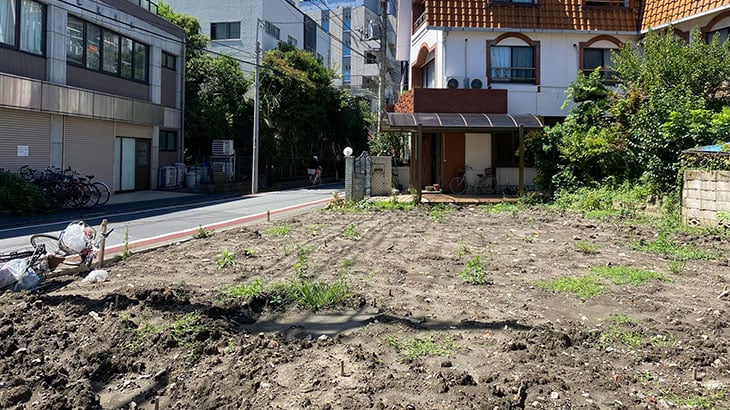
Market Information2022.7.12
What is the most updated land value in Tokyo and the changes in 5 years ?
In Japan, property prices are decided by both land and buildings value. Although there is a tendency that the […]

Property Knowledge2022.7.4
NEW OR OLD? Which one is better for property investment in Japan?
Is it better to invest in a new construction property or a second-hand one?What are the factors affecting the […]
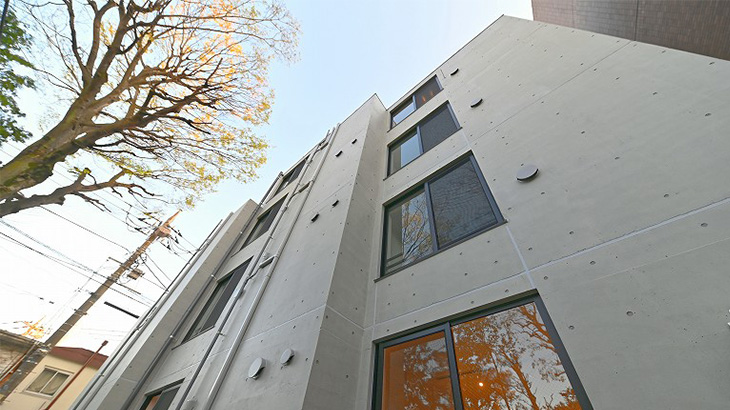
Property Knowledge2022.4.2
Why Reinforced Concrete (RC) Residential Building is good for long-term investment?
Buildings of reinforced concrete offer several advantages including long life and less maintenance, this is es […]
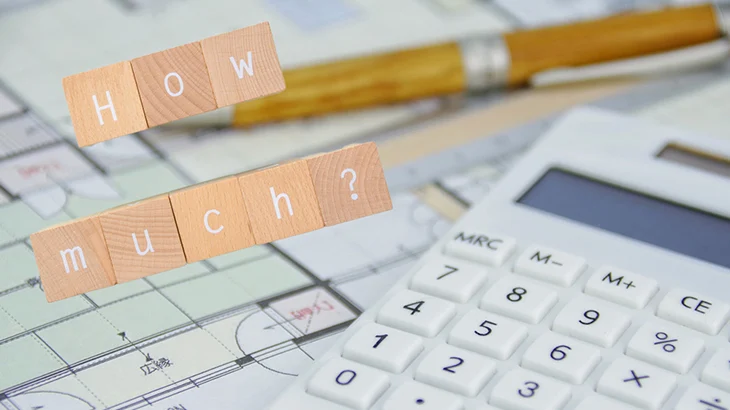
Property Knowledge2022.4.28
What are the costs incurred when buying a property in Japan?
Before deciding to purchase a property in Japan, it is important to have a basic understanding on the required […]
Subscribe for Latest Property News
Don’t miss out! Subscribe now to stay tuned to the latest trends, news, and listings in Japan’s real estate market.


